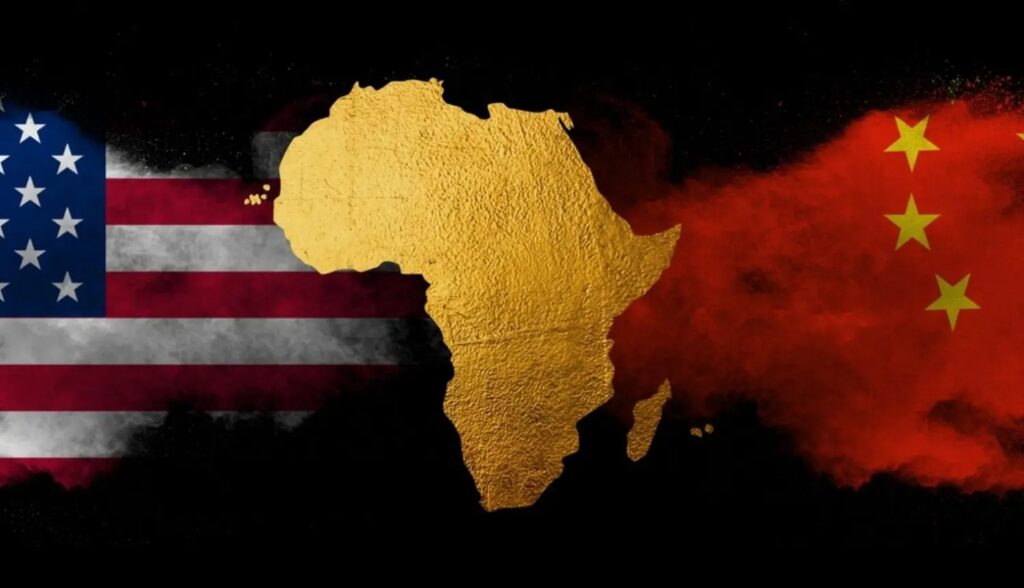
Trade wars are reshaping the global economy. From Washington to Beijing, tariffs, sanctions, and shifting alliances are creating a volatile environment that leaves many nations struggling to adapt. Yet for Africa, these disruptions present not only risks but also historic opportunities.
As supply chains are restructured, global corporations are searching for alternative sourcing destinations. Africa, with its vast resources, growing workforce, and expanding infrastructure, is increasingly positioned as a viable option. Countries like Ethiopia, Kenya, and Nigeria have already begun attracting manufacturing and logistics investments redirected from Asia.
Moreover, the African Continental Free Trade Area (AfCFTA) provides a unique buffer against external shocks. By lowering internal tariffs and encouraging regional integration, the AfCFTA empowers African businesses to rely less on foreign markets and more on intra-African trade. This shift could reduce vulnerability to external disputes while stimulating domestic industries.
However, the path to success requires strategic action. African governments must streamline regulations, invest in energy and digital infrastructure, and protect local firms from unfair dumping. Entrepreneurs, on their part, need to innovate for scale, leverage technology, and form cross-border partnerships to compete globally.
The reality is that trade wars will continue to reshape global commerce. Africa’s choice is clear: either remain a passive observer or seize the moment to redefine its role in the world economy. If bold leadership and innovation prevail, Africa could transform trade tensions into a launchpad for economic empowerment.